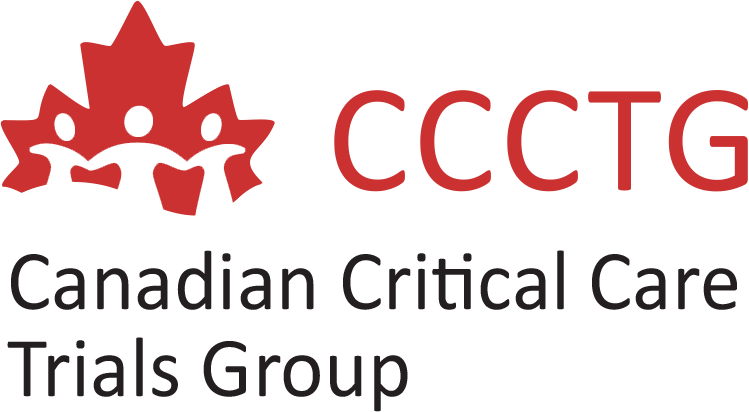Recipients of the 2017 CCCTG Research Fellowship Awards
The CCCTG has a long and successful history of developing and facilitating investigator-initiated, patient-focused, multi-centre research programs. We strive to improve the lives and quality of care of critically ill adults and children by conducting relevant research and evaluation of care in response to health care needs. We are also devoted to build strong, sustainable career development and mentorship programs for researchers and research coordinators at all career stages, across disciplines, and including the Intensive Care Units of community’s hospitals. The Fellowship Award program provides support for highly qualified candidates in the areas of critical care that are relevant to the CCCTG at the post-PhD degree or the post-health professional degree stages to add to their experience by engaging in health research in Canada.
The specific objectives of the CCCTG Research Fellowship Awards are to:
- Promote critical care research in Canada;
- Provide a reliable supply of highly skilled and qualified critical care researchers;
- Provide recognition and funding to academic critical care researchers at the beginning of their career;
- Enhance the culture of science and innovation within the critical care community;
- Improve the health and health care delivered to critically ill patients through knowledge creation and knowledge translation.
The research projects funded in 2017 are:
Dr. Nadia Roumeliotis, Institute of Health Policy, University of Toronto
 One in eleven children admitted to hospitals in Canada were harmed by healthcare. In many the harm was permanent, and nearly half of the harm was judged to be preventable. Medications were the second most common cause. Dr. Roumeliotis wants to help better understand medication-associated harm so that we can build safety systems to help nurss, doctors, and pharmacists provide safer care to all children receiving drug as part of their treatment.
One in eleven children admitted to hospitals in Canada were harmed by healthcare. In many the harm was permanent, and nearly half of the harm was judged to be preventable. Medications were the second most common cause. Dr. Roumeliotis wants to help better understand medication-associated harm so that we can build safety systems to help nurss, doctors, and pharmacists provide safer care to all children receiving drug as part of their treatment.
We are thankful to the Fonds de recherche santé Québec (FRQS), for their support to the CCCTG Research Fellowship Award by providing matched funds to Dr. Roumeliotis.
Dr. Oleksa Rewa, Department of Critical Care Medicine, University of Alberta
Acute kidney injury (AKI) is a common occurrence in the intensive care unit. Treatment is largely supportive; however when kidney failure occurs, kidney dialysis is often necessary. In the ICU, continuous renal replacement therapy (CRRT) is the most common form of emergency dialysis worldwide. As our population ages, has more chronic disease, and undertakes more aggressive and medically complex treatments, the demand of critical care services and CRRT will increase. Current challenges in providing CRRT center around the many different ways it is provided. Many aspects of this therapy are not standardized, such as the general principles of prescription and delivery, resulting in variation across providers, intensive care units and institutions. More importantly, this therapy is also prone to treatment error, remains very costly ($600-$800/day), and is resource intensive. Despite these challenges, we know of no specific studies or programs of work that have tried to harmonize this practice variation by identifying "quality measures" for CRRT care. We believe this is a critically important knowledge gap for this core life support technology. Dr. Rewa's project will address this knowledge gap.
We are thankful to the Critical Care Strategic Clinical Network and Alberta Health Services for their support to the CCCTG Research Fellowship Award by providing matched funds to Dr. Rewa.
